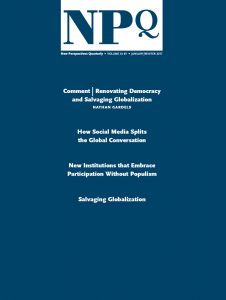How RAD is Cultural Appropriation?: Color Run Capitalizing Indian Culture
Recently, I ran a 5k called “Color Me Rad” with a group of friends from my department as a chance to just enjoy the southwest Virginia fall and not work for once. I was excited to participate in this race especially because unlike other races that I’ve run, this seemed like I would enjoy myself in a cultural event that I’ve always wanted to experience. As I got to the race, however, I couldn’t help but think sociologically about the...



